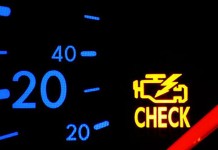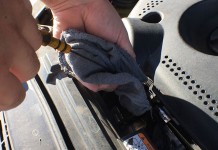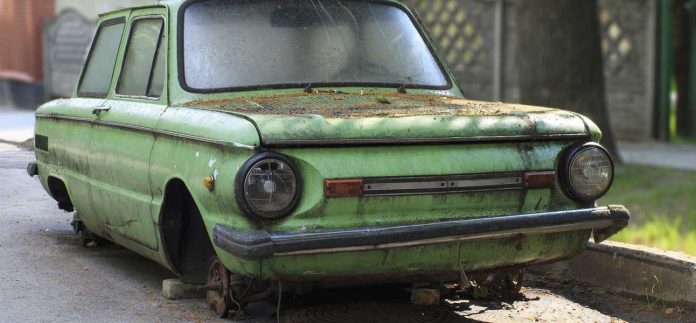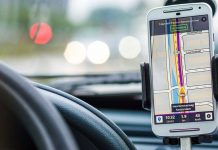If you’re searching for used cars, then you’re in the right place. The clear fact that you must know is that a used car is totally different from buying a new one. A car is a necessity in today’s life depending on where you live. In this article, there is a step-by-step guide for buying a used car.
Step 1. Determine your needs
Firstly, you have to determine your needs; that is, why do you want to buy a car. What will the car mostly be used for. Point A to point B transportation, long distance, short distance, once a week, hauling, transporting kids, etc. Then consider your budget, the performance needed, your lifestyle, the model of car, and the fuel economy to meet those needs.
Step 2. Plan your purchase
According to your requirements, you need to decide the upper limit you can afford to pay and arrive at a shortlist of cars that fulfill your requirements. Are you going to finance it or pay cash? How much can you put down if you are financing and what kind of monthly payment can you afford. It’s okay to cross a little bit of your budget if you’re getting the right vehicle. One month to 45 days is the suggested time frame to set aside when deciding on buying a used car.
Step 3. Search about cars and market prices
In the present scenario, you will receive a lot of information and expert reviews about cars. There are many leading websites from where you can research different vehicles available in the market and their market-price like Kelly Blue Book or Edmunds. You can also get extensive information about used cars in Riverside or used cars in San Diego here.
Step 4. Search for used cars for sale in your city
Start searching online for used cars that are on sale from individuals and dealers. You can also search for used car dealers nearby by using Google. Then check out their availability.
Step 5. Check quality
When you have shortlisted the cars that you would want to buy, the vital point to consider while purchasing a used car is that you must check its condition. We recommend taking the vehicle to a 3rd party, certified mechanic for a thorough inspection. Most used cars are sold on an “as-is” basis, so it is imperative that you know you are not going to be inheriting the last owners neglected issues. Call your local automotive repair shop and see if they can perform a pre-purchase inspection.
PRO TIP: Ask your mechanic to scan the control modules for pending codes and if the readiness monitors are all OK. This will tell you if any codes may have been recently cleared in an effort to hide any engine issues.
Step 6. Finalize the deal
There are no fixed prices of used cars in the market. Prices are always negotiable and marked-up. Mostly, car dealers mark-up the price by 15-20% for negotiation.
There are some additional costs you have to incur that you need to budget while buying a used car. The new prices include servicing and repairing fees, insurance costs, registration transfer, and commissions.
Why do people buy used cars?
- People refer to buying used cars because they have a limited budget.
- When you’re a new driver and want to hone your driving skills.
- When you don’t want to spend as much money on depreciating items that you’re going to sell after a few years.
- When you need an additional car for another family member.
- When you want to change fast. There are a number of new models getting launched, many used cars can be availed at lower prices.
What are the benefits of buying used cars?
- The main benefit of purchasing used cars is that consumers can save more money versus buying new.
- They can avoid a massive one-year depreciation of the new car.
- You can buy a more significant and luxurious car within your budget.
- You can change it whenever you get bored with your current car.
- Some older models of automobiles are much better than the latest models.
- You may get a wider choice of vehicles, within a limited budget.

















